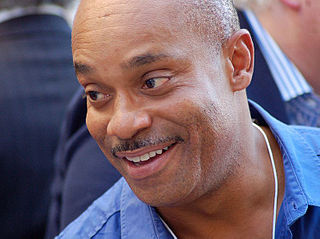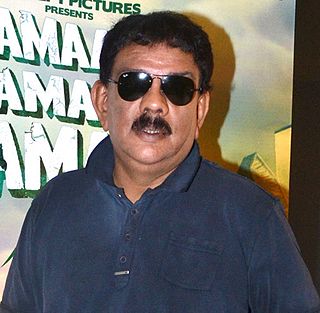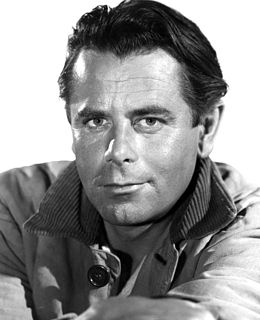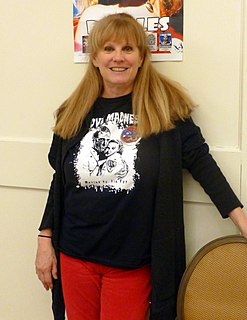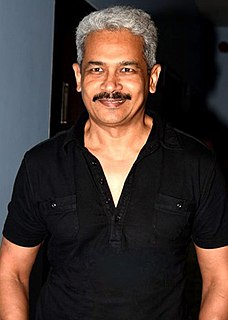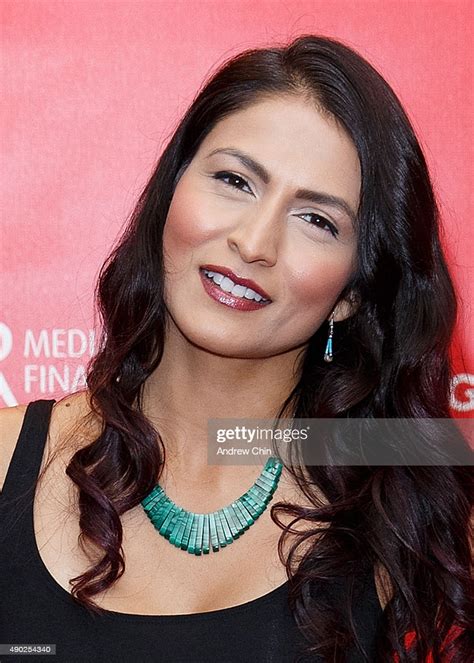A Quote by Kevin McDonald
Yes, they allowed us to play around a lot because, like we said, the director's such a good comedy director.
Related Quotes
With a director it's all about the work; I'd work with a great director over - you know, I'm not the kind of actor who that doesn't go, 'I want to play this role.' It's more like, 'I want to work with this director,' regardless of what the role is because if it's a good director, you'll probably find a good role because it's a decent film. But a mediocre director will always make a mediocre movie.
It is true that I got recognition. But however good the comedies are, nobody will accept a good comedy director as a good director. That is the sad part of it. Nobody knows who directed the 'Laurel and Hardy' movies. They know only Laurel and Hardy. Directors will never get a good name if they direct a comedy film.
With Halloween, the director was this genius wonder boy who was the writer, director, producer, along with his girlfriend. They were this team, and they were making this small movie, and it was just completely different, but it was really inspiring and a lot of fun, and also allowed me to do a lot of improvisation, because they just depended on the girls to expand their parts to bring some real life, being girls ourselves, to the characters.
We're not allowed in the cutting room - and that's extraordinary. So, when a director is asking for certain nuances and colours and we feel that they're phoney, but we do it because the director asks for it, that's the one that they pick in the cutting room. And I contend that when you see a movie with bad acting, don't blame the actor... blame those guys in the cutting room because they like that take.
I didn't want to be around anybody because it was just too much for my brain. But, as an actress, you hope you get those meaty roles that push you into the extremities of that psychology. I like doing independent films because there's more room for you to be creative, and the director allowed me to just go wherever I needed to go. It was emotional. I had to cry a lot.



